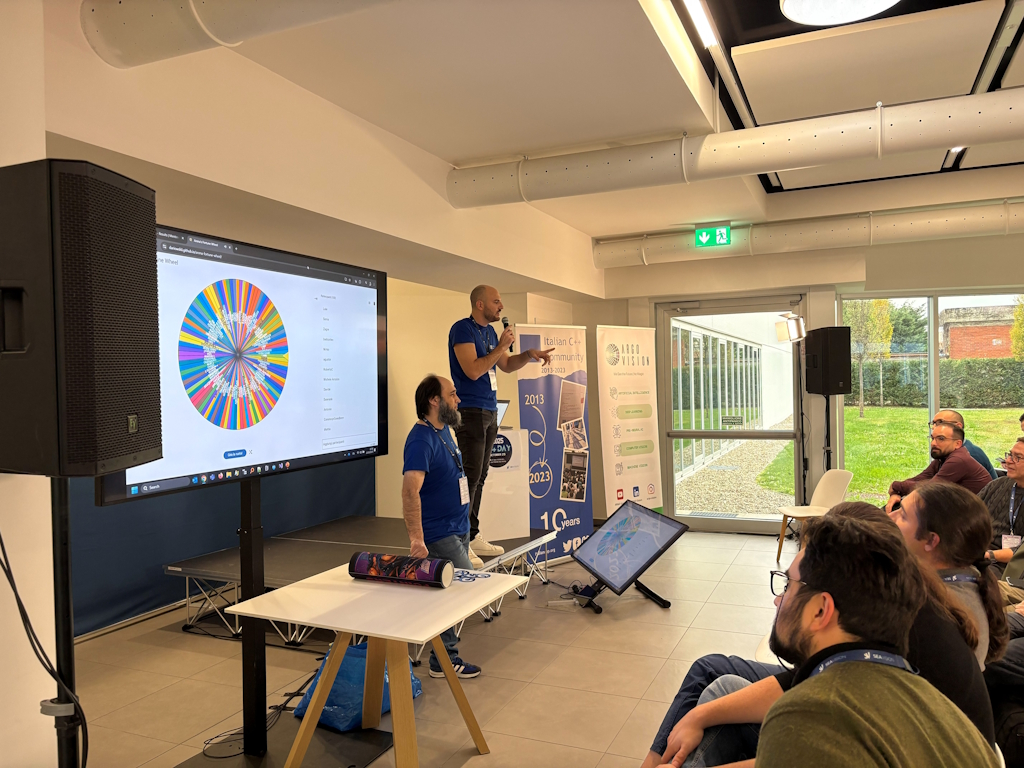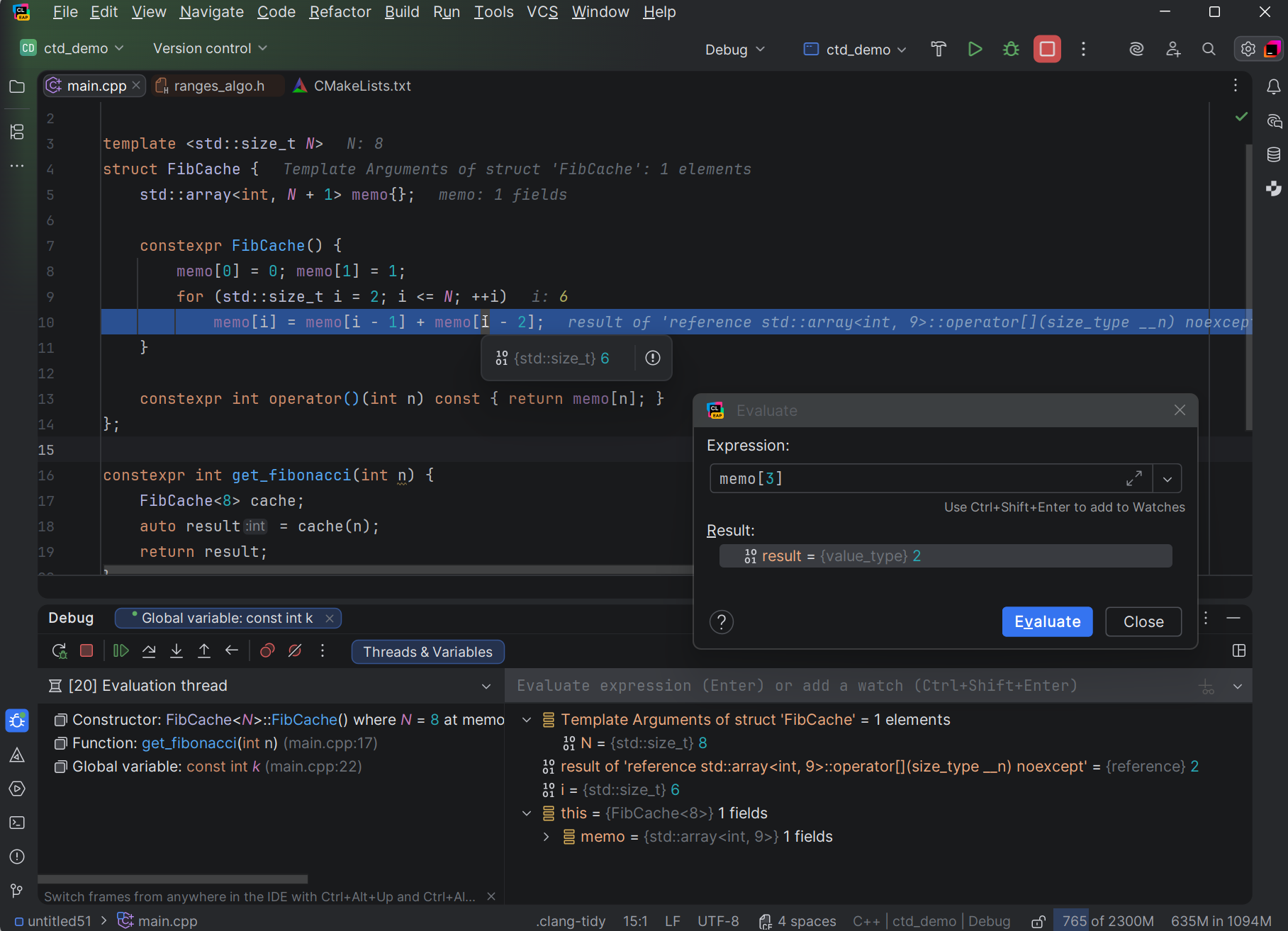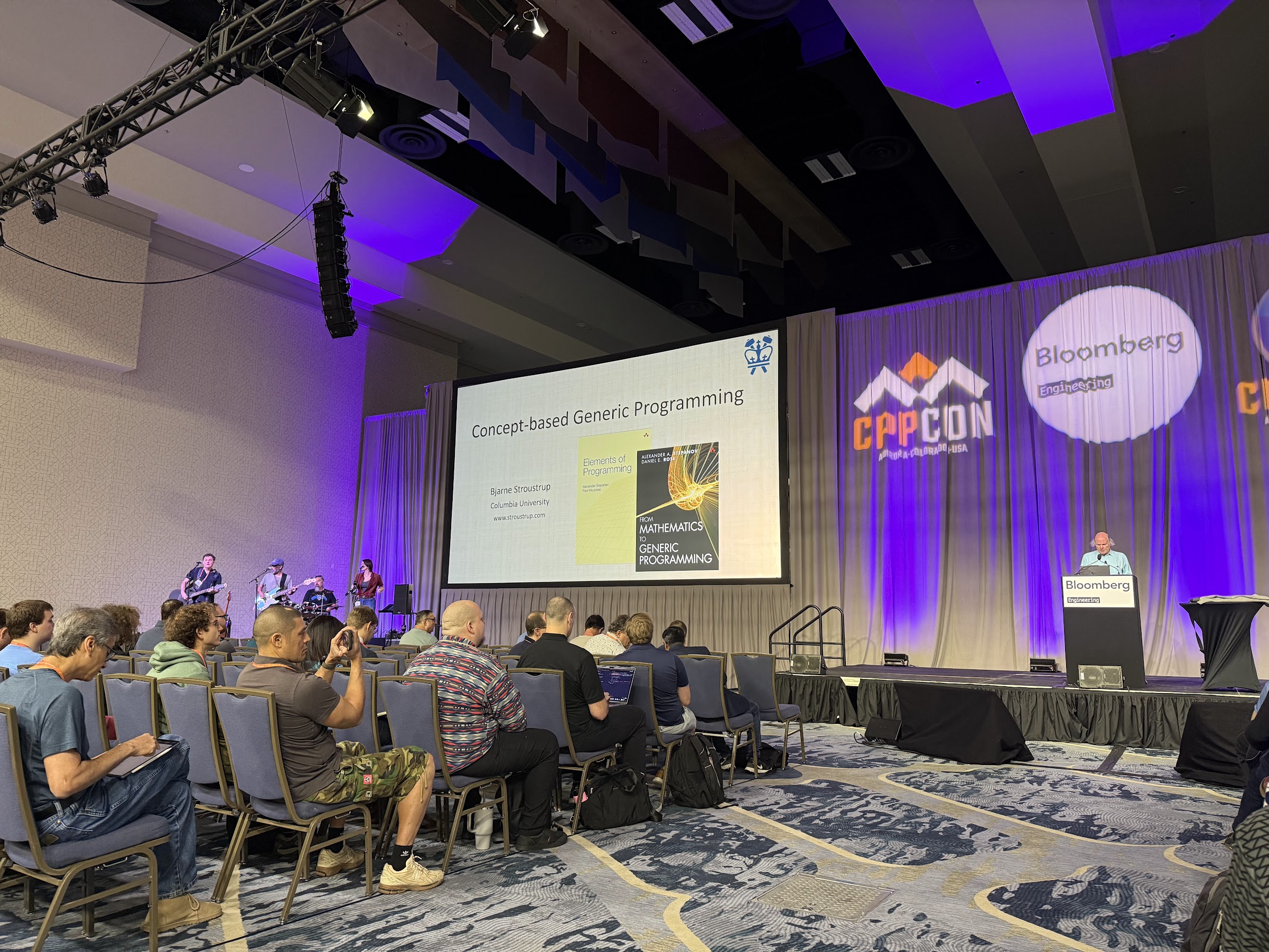Discovering Observers - Part 2 -- Sandor Dargo

This time we’ll push the design further by trying to let a single publisher handle multiple message types—and we’ll quickly see how that innocent goal invites ambiguity, boilerplate, and some surprising trade-offs.
Discovering Observers - Part 2
by Sandor Dargo
From the article:
Last week, we took the observer pattern from a very simple example and evolved it into a more flexible, template-based implementation in C++. We ended up with abstracted publishers and subscribers, a templated message type for flexibility, and publishers controlling when and how updates are pushed.
This week, we’re going to tackle the challenge of supporting multiple message types in a single publisher.
First attempt: multiple inheritance of templated bases
It’s tempting to provide different specializations for our templates so the same publisher can push different message types.







 The new Constexpr Debugger available in the first CLion 2025.3 EAP build allows you to stay in the compiler’s world and see what really happens – by stepping through evaluation, inspecting values, and confirming which if constexpr branch fired. Using it helps you understand exactly what the compiler is doing and fix issues faster.
The new Constexpr Debugger available in the first CLion 2025.3 EAP build allows you to stay in the compiler’s world and see what really happens – by stepping through evaluation, inspecting values, and confirming which if constexpr branch fired. Using it helps you understand exactly what the compiler is doing and fix issues faster. A long-delayed dream finally came true: after years of near-misses and lessons learned (“better to be invited than sent”), I made it to CppCon—and it was bigger, louder, and more inspiring than I imagined. In this recap I share the vibe of the week, five standout talks and ideas, a few notes from my own session, and links to recordings as they appear.
A long-delayed dream finally came true: after years of near-misses and lessons learned (“better to be invited than sent”), I made it to CppCon—and it was bigger, louder, and more inspiring than I imagined. In this recap I share the vibe of the week, five standout talks and ideas, a few notes from my own session, and links to recordings as they appear.